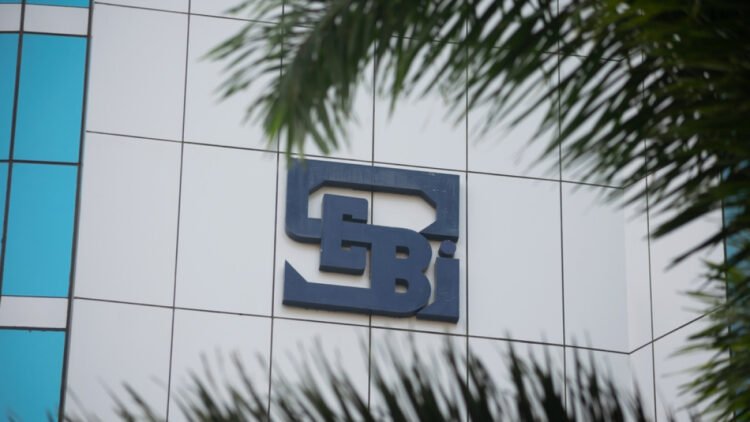The Securities and Exchange Board of India (Sebi), the regulatory authority for capital markets in the country, has taken a remarkable step towards promoting sustainable and responsible investing. In a groundbreaking move, Sebi has introduced a dedicated sub-category for ESG (Environmental, Social, and Governance) investments under the thematic category of equity schemes. This significant decision opens up new avenues for mutual funds to launch multiple ESG schemes, each with distinct strategies, addressing the burgeoning demand for green financing and socially conscious investments.
Multiple Strategies Unleashed
In the past, mutual funds were allowed to launch only one ESG scheme under the thematic category for equity schemes. However, in response to industry representations and the growing need for diverse sustainable investment options, Sebi now permits the launch of multiple ESG schemes. Each of these schemes can adopt various ESG strategies, such as Exclusion, Integration, Best-in-class & Positive Screening, Impact investing, Sustainable objectives, and Transition or transition-related investments. This move empowers investors to choose from a range of ESG offerings, aligning with their values and financial goals.
Clarity and Distinctness
Sebi emphasizes the importance of clarity and distinctness for each ESG scheme launched. To ensure transparency, mutual funds must clearly differentiate the asset allocation and investment strategy of each scheme. This approach not only helps investors make informed decisions but also highlights the commitment of the fund managers towards specific sustainability objectives.
Asset Allocation Requirements
To maintain the essence of ESG investing, Sebi has set specific requirements for asset allocation within these schemes. At least 80% of the total assets under management (AUM) of an ESG scheme should be invested in equity and equity-related instruments of the particular strategy chosen for the scheme. The remaining portion of the investment should align with the overall strategy of the scheme. Additionally, mutual funds are encouraged to allocate a higher proportion of assets towards the scheme’s ESG theme and provide suitable disclosures in this regard.
Focus on Sustainable Companies
In line with the goal of promoting sustainable practices, Sebi mandates that ESG schemes invest a minimum of 65% of their AUM in companies with comprehensive Business Responsibility and Sustainability Reporting (BRSR). These companies must also provide assurance on BRSR Core disclosures, emphasizing their commitment to environmental, social, and governance responsibilities.
Disclosure Requirements
Sebi has introduced robust disclosure requirements to enhance transparency and accountability within ESG schemes. Mutual funds are now obligated to clearly state the ESG strategy in the name of the respective ESG fund or scheme. Additionally, they must disclose security-wise BRSR Core scores, along with BRSR scores, in their monthly portfolio statements for ESG schemes. Furthermore, mutual funds are required to disclose the names of the entities providing ESG scores for these schemes, ensuring investors have access to relevant information.
With this visionary move, Sebi paves the way for a more sustainable future, encouraging investors and businesses alike to embrace responsible practices and create a positive impact on society and the environment. The introduction of multiple ESG strategies empowers investors to align their investments with their values, amplifying the influence of sustainable finance in India’s capital markets. As the ESG landscape continues to evolve, Sebi’s proactive measures set a precedent for global financial regulators, demonstrating the potential for positive change through investment choices.






















